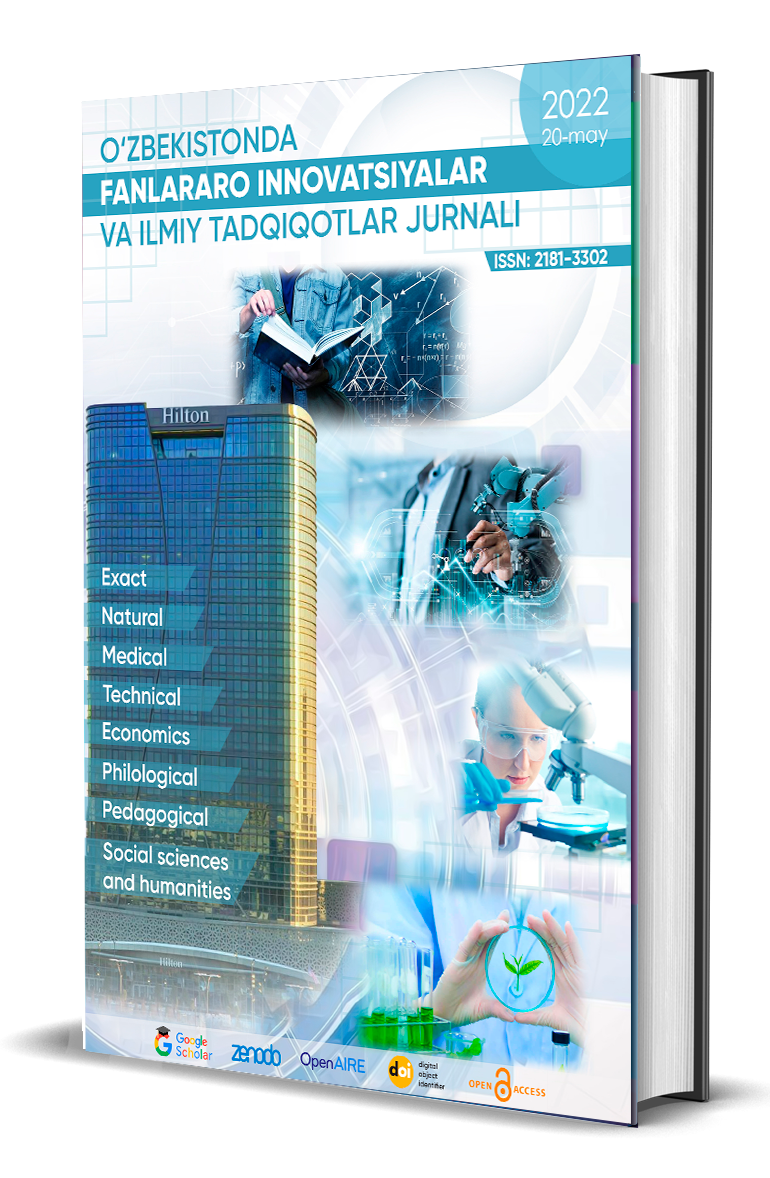METHODOLOGICAL INSIGHTS INTO ESP TEACHING: A FOCUS ON LEARNER-CENTERED STRATEGIES
Keywords:
language acquisition, CLT, TBL,PBL, deductive, inductive, approaches, needs analysis, digital platformsAbstract
Teaching English for Specific Purposes (ESP) requires more than traditional language instruction—it necessitates tailoring content and strategies to meet the particular needs of learners in professional, academic, or vocational settings. Unlike General English, which focuses on broad communicative competence, ESP instruction is goal-oriented, often tied directly to learners’ future tasks, such as writing technical reports, participating in business meetings, or interpreting scientific data. Importantly, there is a broad range of methods, approaches, and theories explored in TESOL courses that are highly relevant to ESP. These include both established and evolving pedagogical frameworks such as the communicative approach, task-based instruction, content-based learning, and more recently, genre-based and corpus-informed methodologies. Most of these serve as helpful tools for language acquisition, particularly when aligned with learners’ goals and contexts.
References
1. Boud, D., & Felleti, G. (1997). The challenge of problem-based learning (2nd ed.). Kogan Page.
2. Foster, P. (1999). Task-based learning and pedagogy. ELT Journal, 53(2), 69–76.
3. Nunan, D. (1999). Second language teaching and learning. Heinle & Heinle.
4. Yalden, J. (1987). Principles of course design for language teaching. Cambridge University Press.





